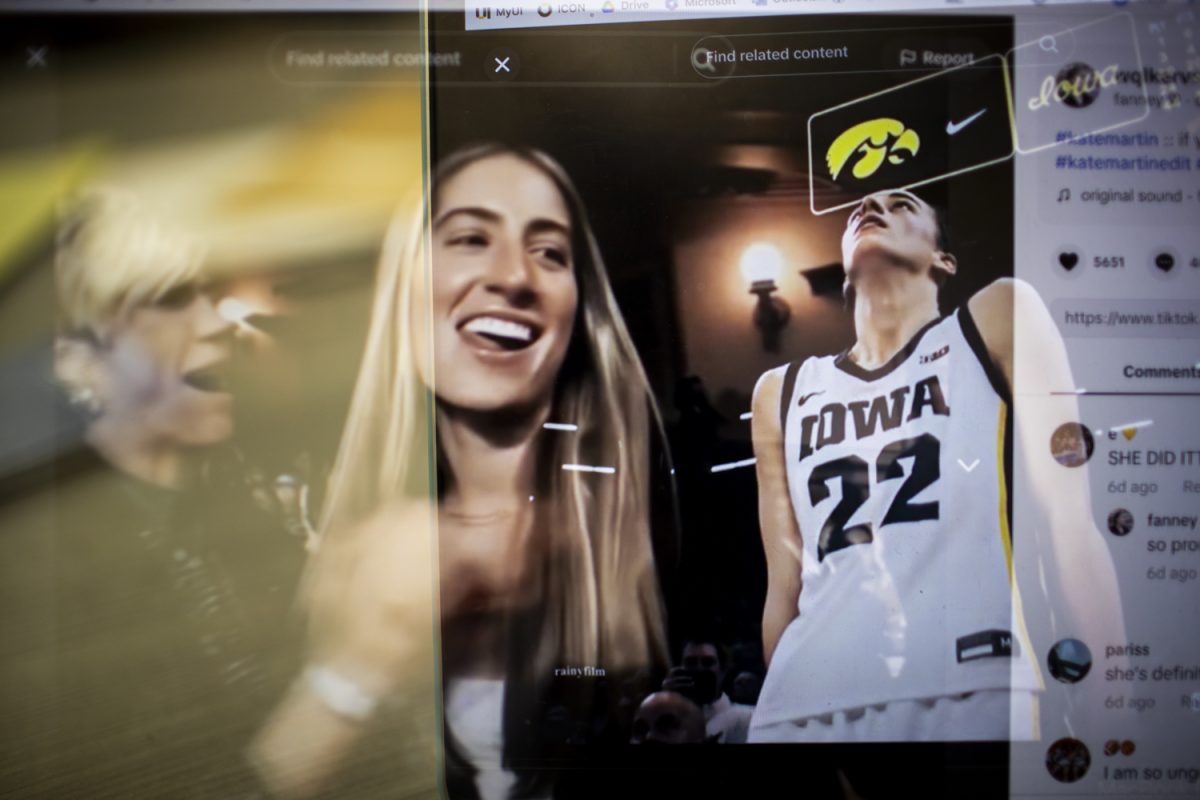By Rikki Laser
Eating right will soon be easier for students who have a gluten intolerance.
University of Iowa officials say they are working to make gluten-free options more accessible to students.
According to a press release by the New England Celiac Organization, an average of 44 percent of college students who have Celiac disease find it a major challenge to eat gluten-free.
Celiac disease is defined as intolerance to gluten because of a sometimes life-threatening autoimmune disorder, according to the release.
The UI is working on lowering this number, said Laura Croteau, a nutrition specialist at UI Housing & Dining.
Although Croteau hasn’t been at the UI for much more than a year, changes, she said, have already occurred.
“Things up in the Marketplace aren’t labeled gluten-free, they are labeled with a ‘contains gluten’ symbol instead,” she said.
This change, Croteau said, is mostly due to the fact that the UI is integrating a program called NetNutrition, and working with it will be clearer for students when the website goes live if all the icons in the dining halls and the site are the same.
According to the Housing & Dining website, NetNutrition is “an online tool that will be available for you to use to view menu allergens and nutrition information for items served in both of our Marketplaces.”
However, Croteau said, the change is also necessary because UI Housing and Dining “can’t label anything in their facilities as allergen-free because, especially [with] gluten, they’re always there, especially in our bakery. And in the servery it is very easy to have cross-contamination.”
There are still a few options, however, for students with severe allergies or celiac disease.
The first and less desirable option, Croteau said, is that students can call in their meals the day before for a specific time.
“That option is a little more difficult for students because, as a college student, you don’t know when you’re going to go to lunch or if your classes will run late or if you bump into somebody you know and start talking,” she said.
“Students who would like that but aren’t leaning toward it because of the time that it requires, I always let them know, ‘When you’re getting something, you can always ask the person who is behind the [counter] to get you something from another pan if you’re concerned about cross-contamination with things,” she said.
There is also a new refrigerator in Hillcrest Marketplace, and soon one in Burge Marketplace, that will contain individually packed gluten-free food items like bagels, brownies, and spreads.
Before this year, students who asked for food through the gluten-free symbols usually had to wait. UI senior Sydney Hofferber, who is gluten-intolerant, had a particularly hard time her freshman year.
“Every single time I would have to go through five staff members to find the gluten-free option,” she said
This year, however, the Food Allergy Research and Education awarded the UI a $2,500 grant to help change that.
“It covers the cost of training all of our staff through AllerTrain,” Croteau said.
AllerTrain is a food allergy and gluten-free training course accredited by the American National Standards.
“We have a suite of Allertrain courses that teach about food allergies and celiac disease and it teaches food professionals about top foods that cause food allergies, proper protocols to avoid cross-contact and cross-contamination, and how to better serve people with special dietary needs,” said Laurie Thomeczek, AllerTrain manager.
The course UI employees are taking is designed for college staff.
“It teaches [employees] a lot about the topic of allergens plus gluten, what reactions would be for somebody who has an allergy and ate something, how to limit and avoid cross-contamination, how to go about helping those students if they have questions, identifying [and getting] what is on the menu, what to do if somebody has an allergic reaction,” Croteau said.







